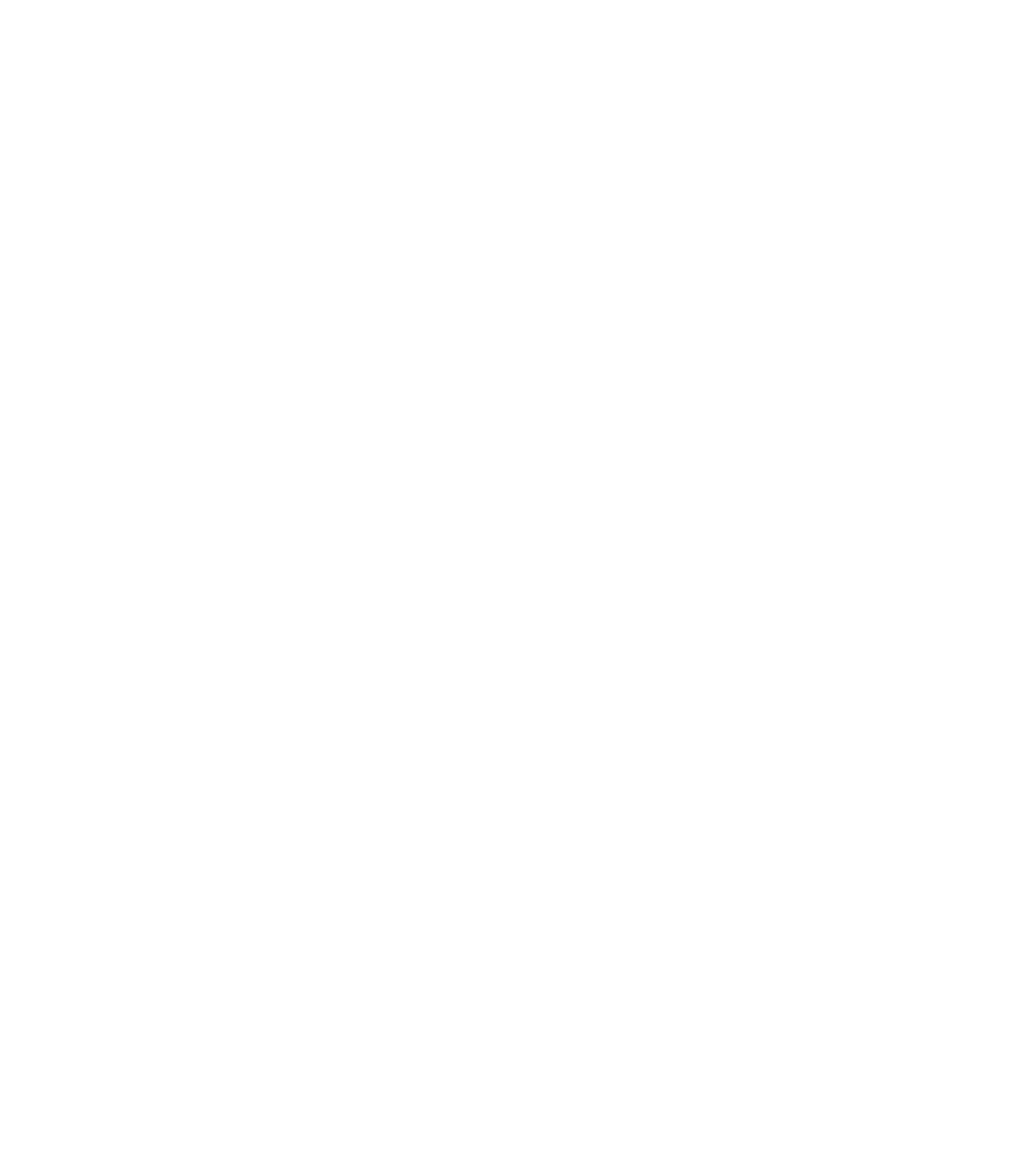Mental health treatment is essential for individuals struggling with emotional, psychological, or behavioral challenges. With a variety of therapy options available, it can be overwhelming to find the right approach for your specific needs. In this article, we will explore different therapeutic options to help you make an informed decision.
Psychotherapy
Also known as talk therapy, psychotherapy allows individuals to discuss their feelings, thoughts, and experiences with a mental health professional. There are several types of psychotherapy, each with its own unique approach:Cognitive Behavioral Therapy (CBT)
CBT focuses on identifying and changing negative thought patterns and behaviors to improve emotional well-being. It has proven effective for treating conditions such as depression, anxiety, and post-traumatic stress disorder (PTSD). Moreover, CBT can be tailored to individual needs, making it a flexible option.Dialectical Behavior Therapy (DBT)
DBT is a form of CBT that emphasizes mindfulness, interpersonal effectiveness, emotion regulation, and distress tolerance. This therapy is particularly helpful for individuals with borderline personality disorder or those struggling with self-harming behaviors.Psychodynamic Therapy
Psychodynamic therapy delves into unconscious thoughts, feelings, and past experiences that may influence current behaviors. Through this exploration, individuals can gain insight into their emotional struggles and develop healthier coping mechanisms.Humanistic Therapy
Focusing on personal growth, self-acceptance, and self-awareness, humanistic therapy encourages clients to explore their feelings, values, and beliefs in a non-judgmental environment. Consequently, this approach promotes personal development and positive change.Group Therapy
Group therapy provides a supportive setting where individuals can share experiences, learn from others, and develop coping skills. There are two main types:- Support groups: These groups create a safe space for individuals to discuss shared experiences, offer support, and gain encouragement from others facing similar challenges. They often focus on specific issues, such as addiction, grief, or mental health disorders.
- Psychoeducational groups: These groups aim to teach specific skills or provide information on a particular topic, such as stress management or substance abuse recovery.
Family and Couples Therapy
Family and couples therapy addresses relationship dynamics, communication, and conflict resolution. By helping families or couples improve their relationships and work together more effectively, this type of therapy fosters healthier connections and increased understanding.Online Counseling
Online counseling, or teletherapy, provides mental health treatment through video conferencing, phone calls, or messaging platforms. Some benefits of remote therapy include increased accessibility, convenience, and flexibility. Online counseling can be an excellent option for those with limited mobility, busy schedules, or living in remote areas.Alternative and Creative Therapies
Alternative and creative therapies incorporate non-traditional approaches to mental health treatment:- Art therapy: Art therapy uses creative expression, such as painting or drawing, to help individuals process emotions and promote self-awareness.
- Music therapy: This therapy utilizes music to address emotional, cognitive, and social needs, and can include listening to or creating music.
- Equine-assisted therapy: In this unique approach, working with horses promotes emotional growth, improves self-esteem, and enhances communication skills.

